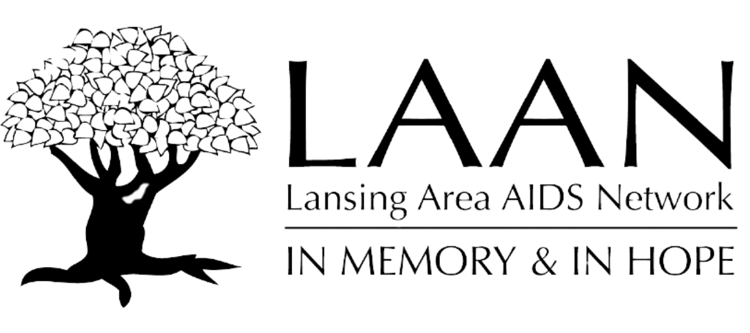Other Ways to Schedule
Call or Text us at 517-614-5230
Offsite Testing - Walk In!
- CADL Downtown Branch
- 2nd Monday of every month
- 3pm – 5pm
- Gender & Sexuality Campus Center at MSU
- 4th Monday of every month
- 3pm – 5pm
- The Fledge
- 2nd Thursday of every month
- 2pm – 4pm
- The SALUS Center
- 4th Thursday of every month
- 3pm – 5pm

